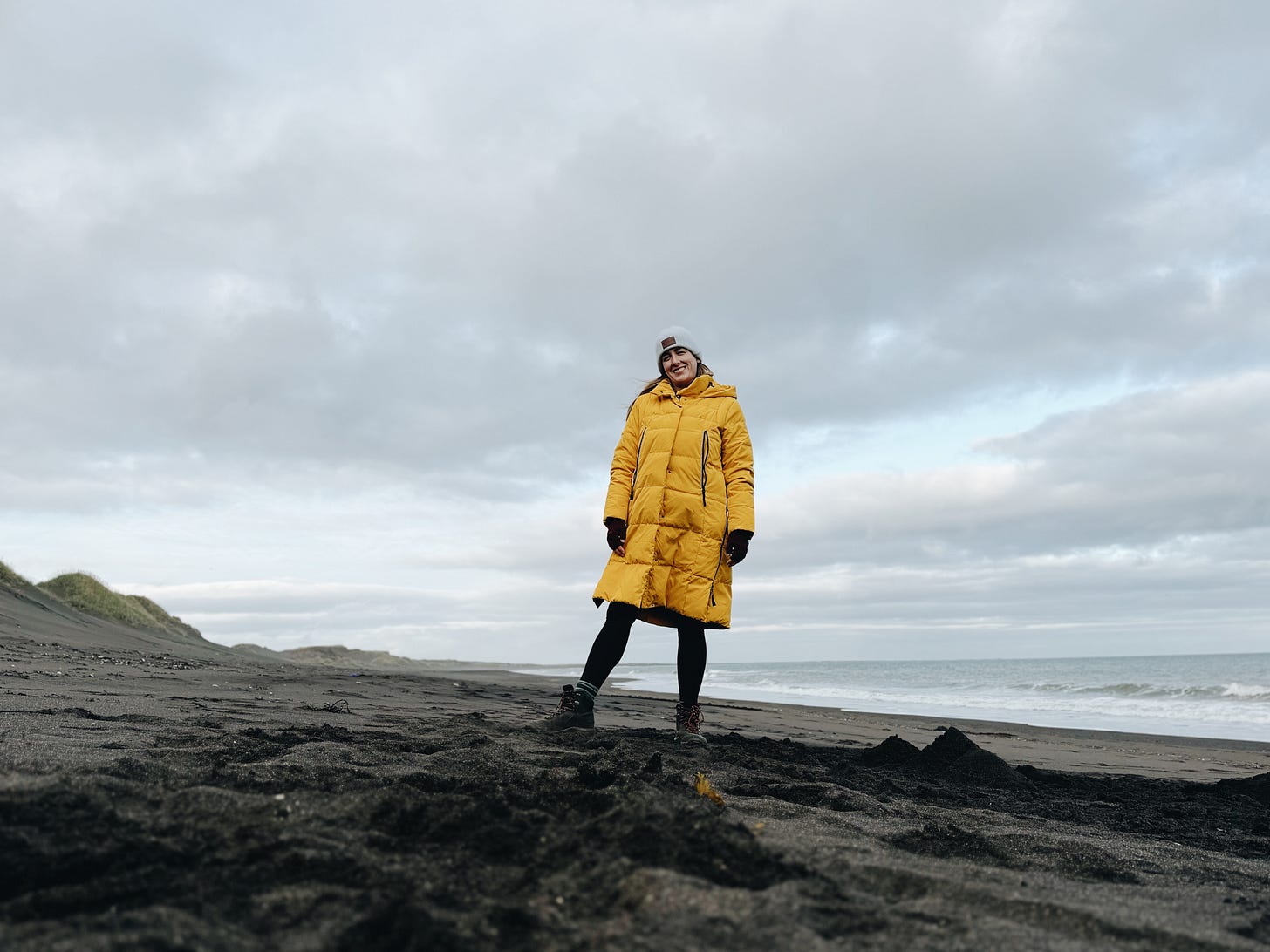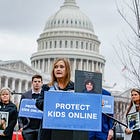My Case Against Meta Moves Forward
What will happen when Meta has to explain their internalized misogyny under oath?
In February, I sued Meta for sex discrimination, harassment, and retaliation:
When I was handed the opportunity to lead the company through the expansion of Horizon, I was thrilled. However, I was horrified to walk into a room of men wallpapering over rampant racism, a product riddled with performance issues, and violations of public policy. Worst of all, the victims were predominantly children.
Meta moved to federal court and asked the judge to dismiss the case entirely, arguing that my claim was legally insufficient.
Companies often count on cases being toppled at this stage, but the judge on my case ruled last week that my central claims deserve to be heard. We’re moving forward! This means the case now moves into discovery, where Meta will have to turn over documents and testimony that could reveal what really happens behind closed doors.
Why does this matter?
Early last year when I met a friend and mentor for Vietnamese food, I laid out my dilemma: how could I make a real difference for the women still enduring Meta's toxic culture, for kids using platforms that treat their safety as secondary? His response was immediate: “Discovery is how.”
In a legal context, discovery is the pre-trial process where parties in a case exchange relevant information. This process aims to ensure that both sides are aware of the evidence and potential witnesses that may be presented at trial, in the spirit of fairness and transparency.
I turned the idea over in my head, and held up every rationalization against filing a lawsuit. There are many reasons to be afraid of, or dissuaded from, filing suit against a trillion dollar company; many want to but simply can’t risk the paycheck, the loss of health insurance, or being blacklisted in their industry.
My relative financial stability and strong professional reputation were what I felt most scared to lose. But these were privileges attributable, in large part, to my relationship with Meta, so jeopardizing these safeties in an effort to hold Meta accountable to keep us all safe felt just.
I wrote more about this in How to Be Afraid,
“This is the opportunity: to be with our fear long enough to recognize the catastrophe of inaction is likely far worse than the catastrophe of action.”
And I have an extensive support system of the best lawyers, therapists, friends, and family.
Plus, my experiences at Meta led me to questioning my capacity for corporate life, and autistic burnout has taken much of that choice away; I’ve lost many of the skills and capabilities I’ve always relied on. I have a career to grieve either way.
So it matters that my case continues, for me, yes, but it also matters for anyone who has wondered if filing a discrimination or retaliation claim is worth it.
It matters for those of us who became the problem because we raised a problem.
It matters because what happens inside these companies doesn’t stay inside. My case is a counterpoint for the selective abandonment of DEI; the culture that regards safety concerns as a threat to profits is the same culture that shapes the products in our homes, in our schools, and in our children’s hands.
As I said in Meta’s Misogyny: A Case Study in Predictable Harm:
“The technology industry likes to talk about innovation and disruption. But the most important disruption might be the simplest: building companies that actually listen to the people most likely to understand the problems they're trying to solve.
Creating safer products requires creating safer internal cultures—environments where people feel safe to raise concerns, where diverse perspectives are actively sought rather than reluctantly tolerated, where disagreement isn't treated like disloyalty.”
My case makes it clear that hating women is bad for business, and surviving this stage shows that the law can hold space for what some systems of power expect we’ll simply stuff into our bones.
I’m grateful to those who express solidarity and support toward me, and also to those who express anger and doubt me—both strengthen me.
Both confirm precisely why this work must continue.







Thank you for taking the risks and standing up to Goliath. You’ve clearly had to make sacrifices in that decision and I can’t imagine what that takes. Following and rooting for your case
Really pleased to hear your case is moving forward, Kelly. These are dark days not only in tech but in our world. These small rays of light are so impactful. Thank you